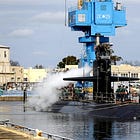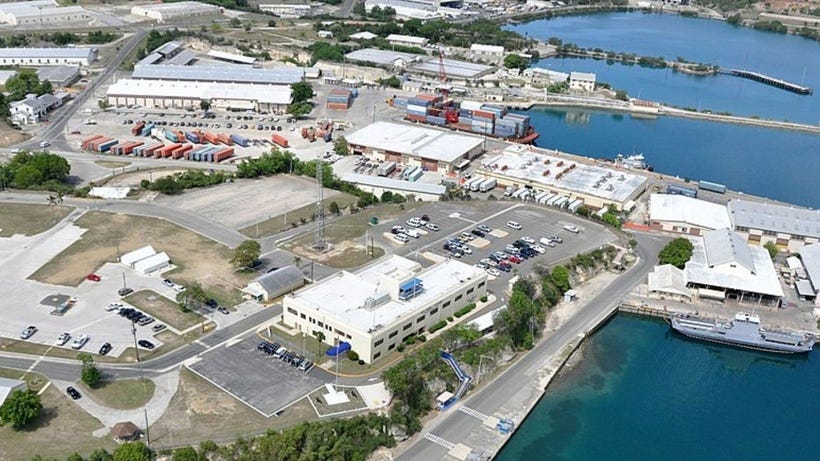China, Russia Bolster Influence In Latin America
New satellite photo shows additions to space-monitoring sites in Bejcual and Calabazar, which the report said is "notable" since Cuba does not currently possess its own satellite or space program.
LATAM - New satellite imagery posted by Maxar Technologies indicates that China has been bolstering its "space monitoring" and intelligence-gathering capabilities at multiple bases in Latin America as Moscow and Beijing continue to gain military and economic influence in South America.
As China bolsters its ability to gather intelligence in Latin America, two Russian navy vessels docked in Venezuela on Tuesday to maintain its naval presence in the region after three Russian ships and a nuclear submarine visited Cuba earlier in early June.
The U.S. Department of Homeland Security reported the largest charter flight since 2018 as it worked with the Chinese Ministry of Public Security and National Immigration Administration to deport 116 Chinese nationals who tried to enter the United States illegally.
China Bolstering Cuban Bases, Russian Navy Docks In Venezuela
Satellite images captured in March and April of this year were released in a report on Tuesday by the Washington-based Center for Strategic and International Studies (CSIS) that indicated that China has undergone new construction at three sites located near the American naval base at Guantanamo Bay.
Sites that show additions or new construction include:
Bejcual
Calabazar
Wajay
El Salao
The new construction shows additions to its space-monitoring sites in Bejcual and Calabazar, which the report said is "notable" since Cuba does not currently possess its own satellite or space program.
“Without access to classified materials, pinpointing the specific targets of these assets is nearly impossible,” the report said, adding, "Nonetheless, the growth of space-monitoring equipment at sites like Bejucal and Calabazar is notable given that Cuba lacks its own satellites or space program".
The largest of the four sites where new activity was discovered was Bejucal, the same base used by the Soviet Union to store nuclear weapons during the 1962 Cuban missile crisis.
Where it was once a base used to store nuclear weapons, it is now being used as an intelligence monitoring station, which is suspected of being used to monitor electronic communications for the Chinese government.
The Bejucal site has undergone a large amount of recent construction, including a new enclosure for its electronic antenna.
The new construction at the Wajay and Calabazar sites also indicates the installation of a new antenna, radar dishes, and other satellite monitoring equipment.
The El Salao site, which is located near the U.S. naval base at Guantanamo Bay close to the city of Santiago de Cuba looks to be currently under construction and poses a particular concern for the United States.
The CSIS report revealed that China appears to be building a 425 to 655-foot diameter antenna array, and added that other arrays with a similar diameter have been capable of tracking electronic signals up to 9,300 miles away.







